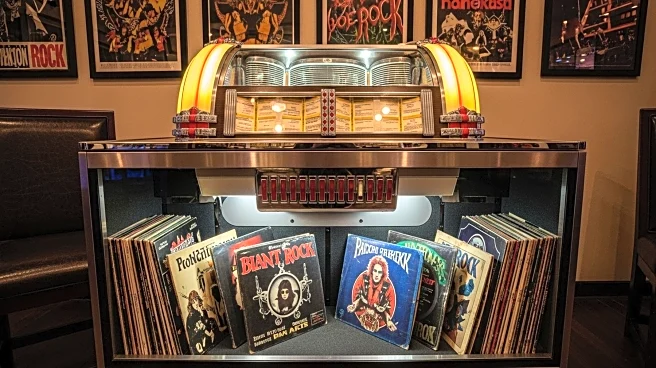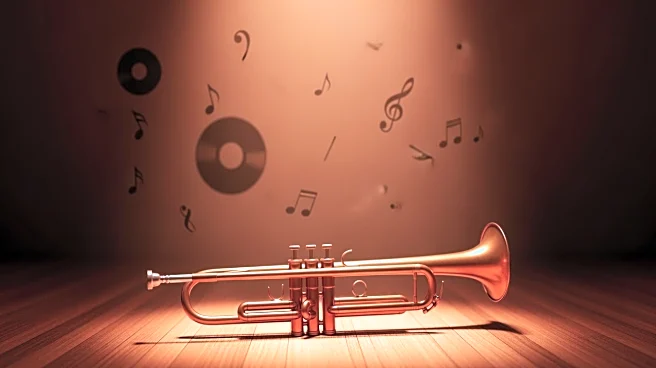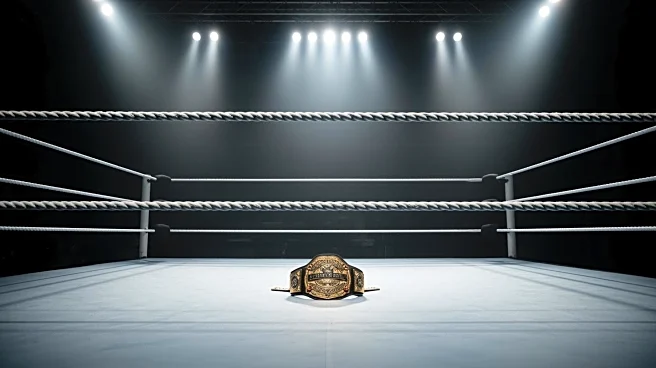What's Happening?
The term 'butt rock' has sparked a debate at WXPN's World Cafe, highlighting generational differences in its definition. The subgenre, which has been discussed in media outlets like Rolling Stone and CBC, is seen differently by various age groups. Stephen Kallao, a contributing host at World Cafe, associates 'butt rock' with the late '70s and early '80s, characterized by bands like Winger, Poison, and Mötley Crüe. This era is noted for its machismo and hyper-sexualized glam rock style. Conversely, Millennials and Gen Z view 'butt rock' as a post-grunge phenomenon from the early 2000s, featuring bands like Nickelback, Creed, and Puddle of Mudd. This perspective sees the term as an endearing label for the music that dominated their childhood radio airwaves.
Why It's Important?
The discussion around 'butt rock' reflects broader cultural shifts in music appreciation and generational identity. For older generations, the term is linked to a period of excess and glam rock, while younger listeners associate it with post-grunge bands that shaped their formative years. This divide underscores how music genres evolve and are reinterpreted over time, influencing cultural and social dynamics. The debate also highlights the enduring impact of commercialism and machismo in rock music, which continues to resonate differently across age groups.
What's Next?
As the conversation around 'butt rock' continues, it may lead to further exploration of how music genres are defined and perceived across generations. This could result in more nuanced discussions about the cultural significance of music and its role in shaping identity. Additionally, the ongoing interest in 'butt rock' might inspire new musical projects or retrospectives that examine its evolution and impact.
Beyond the Headlines
The generational divide over 'butt rock' also raises questions about the role of nostalgia in music consumption. For Millennials and Gen Z, the term evokes memories of a specific era, while older generations may view it through a lens of critique. This dynamic illustrates how nostalgia can influence music preferences and the way genres are celebrated or critiqued.









